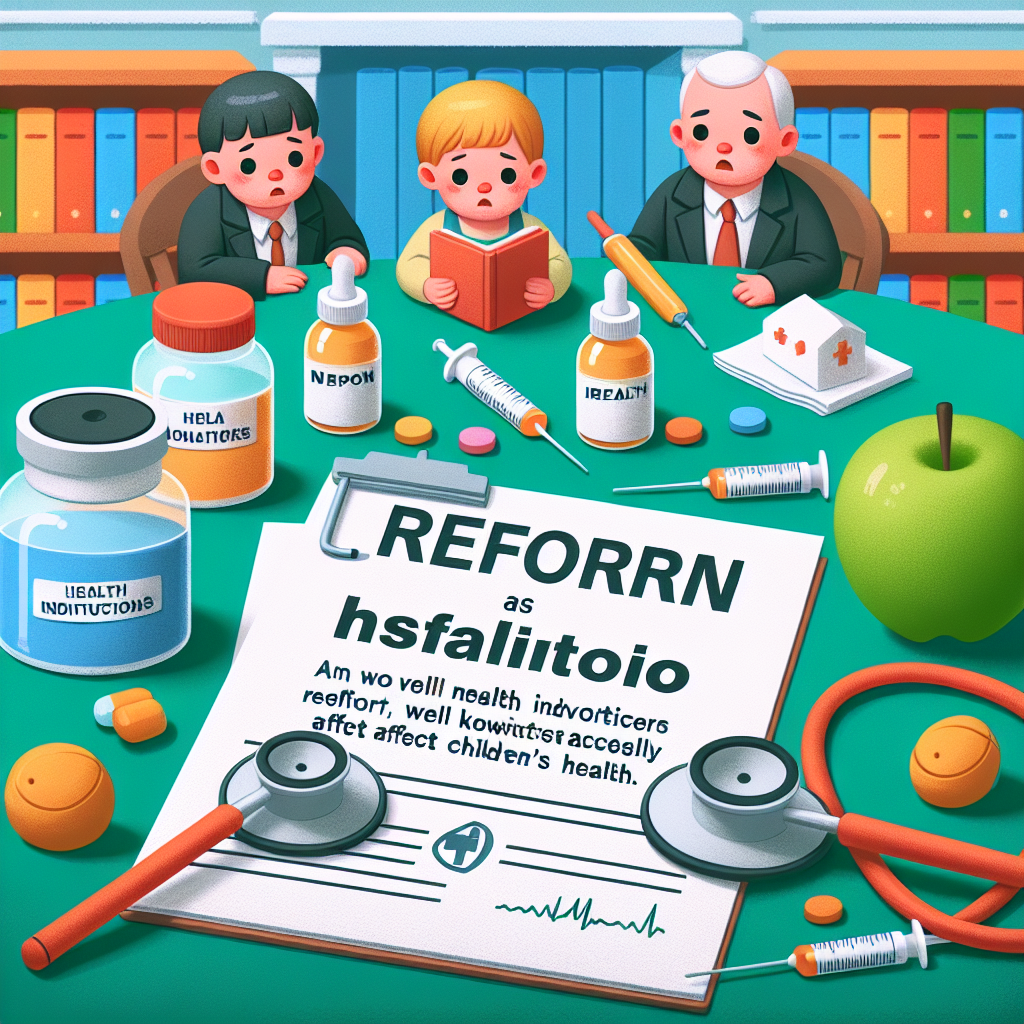RFK Jr Suggests Reform as US Institutions Allegedly Harm Children’s Health
RFK Jr Advocates for Reform: Allegations Against US Institutions
Introduction
Robert F. Kennedy Jr. has raised concerns about the impact of US institutions on children’s health, suggesting that significant reforms are necessary. His statements have sparked a debate on the role of these institutions and their responsibility towards public health.
Key Allegations
RFK Jr. has pointed out several areas where he believes US institutions are failing to protect children’s health:
- Environmental Hazards: Claims that regulatory bodies are not adequately addressing pollution and other environmental risks.
- Pharmaceutical Influence: Concerns over the influence of pharmaceutical companies on health policies and practices.
- Nutritional Standards: Criticism of current nutritional guidelines and their impact on childhood obesity and related health issues.
Proposed Reforms
To address these issues, RFK Jr. suggests a series of reforms aimed at improving the health and well-being of children:
- Stricter Regulations: Implementing more stringent environmental and health regulations to protect children from harmful exposures.
- Transparency in Policy Making: Ensuring that health policies are made transparently and free from corporate influence.
- Improved Nutritional Guidelines: Revising nutritional standards to better reflect current scientific understanding and promote healthier lifestyles.
Public Reaction
The public response to RFK Jr.’s statements has been mixed, with some supporting his call for reform and others questioning the validity of his claims. The debate highlights the ongoing concern over the role of institutions in safeguarding public health.
Conclusion
RFK Jr.’s allegations against US institutions have brought attention to critical issues affecting children’s health. His call for reform emphasizes the need for transparency, stricter regulations, and updated nutritional guidelines. As the discussion continues, it remains to be seen how these concerns will influence future policy decisions.






































